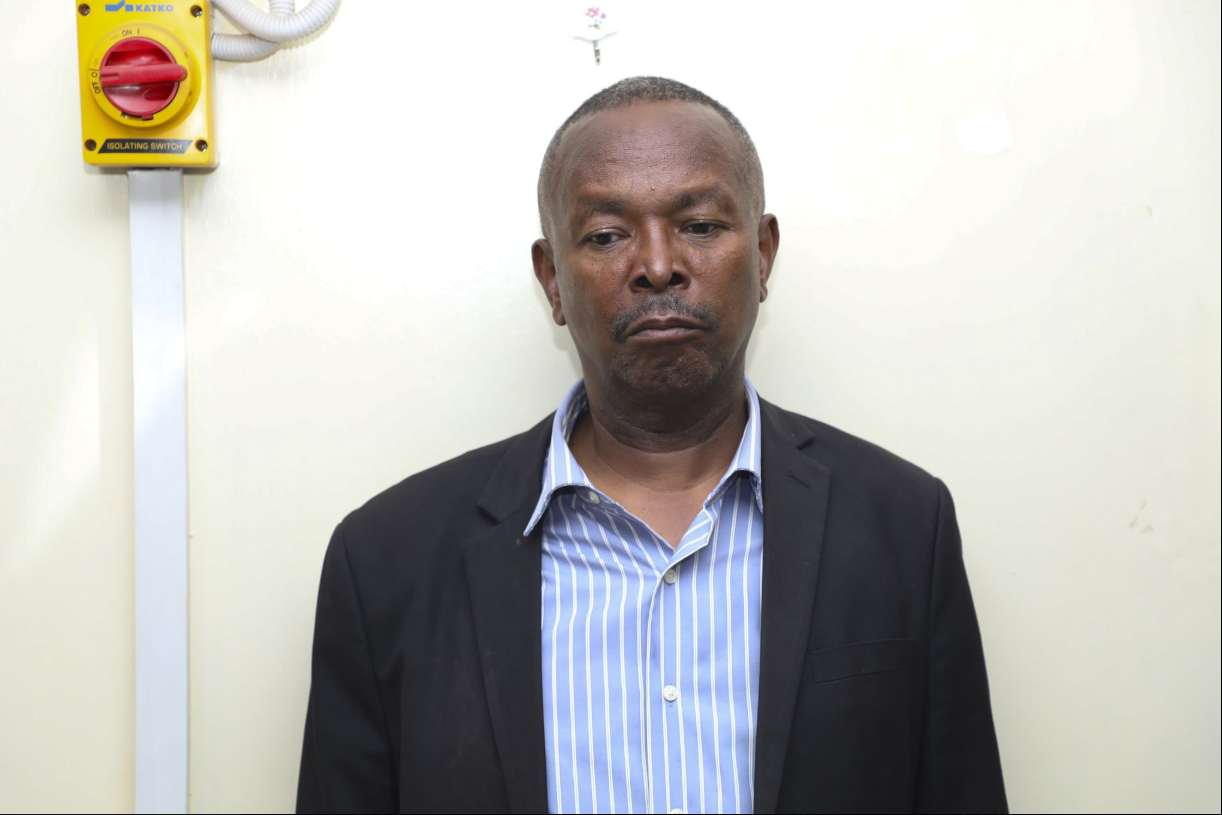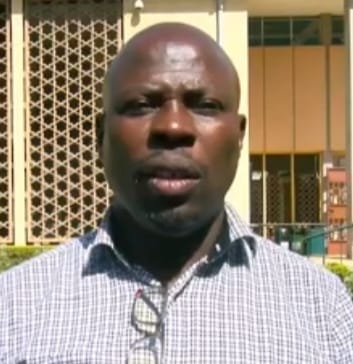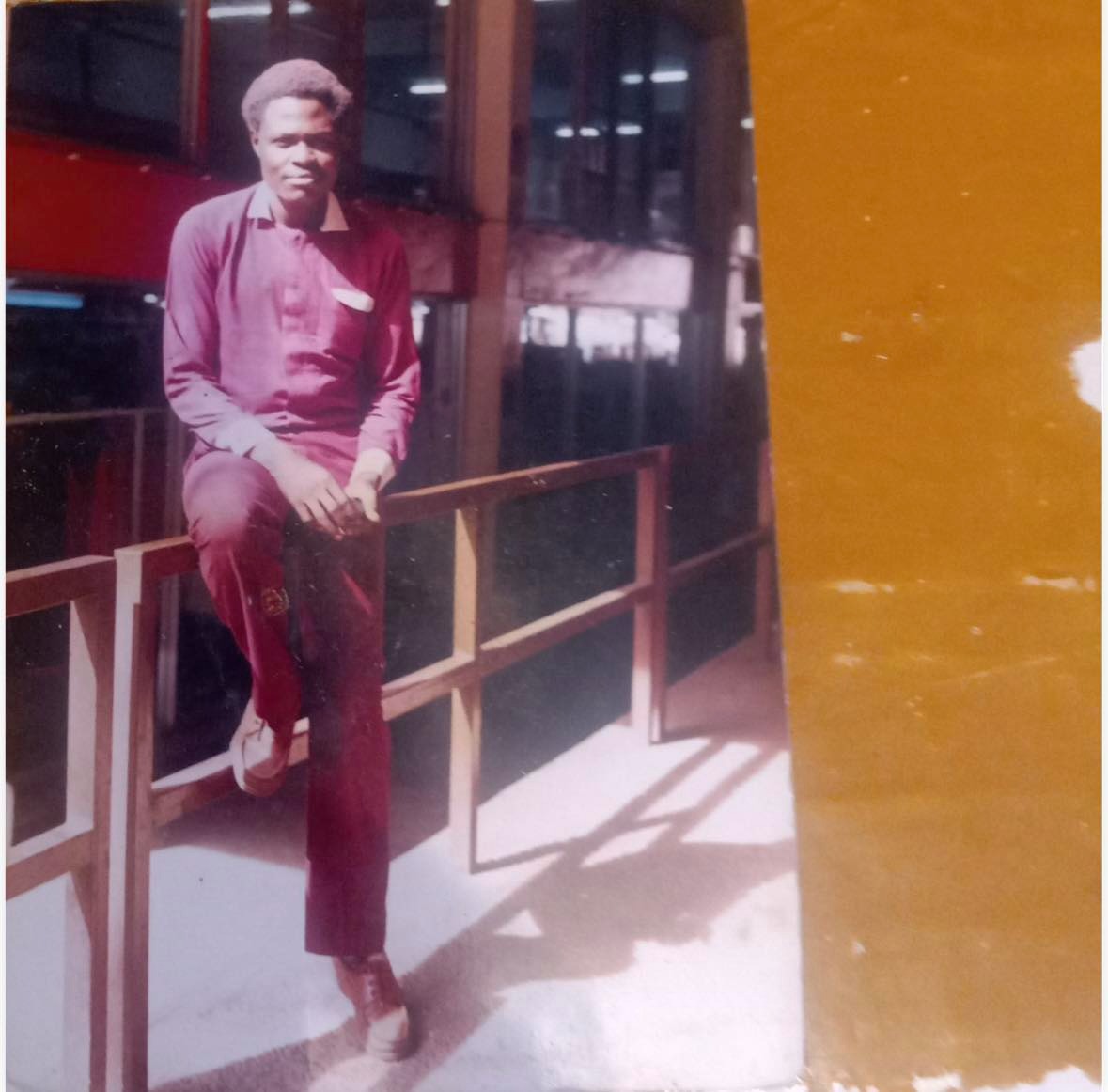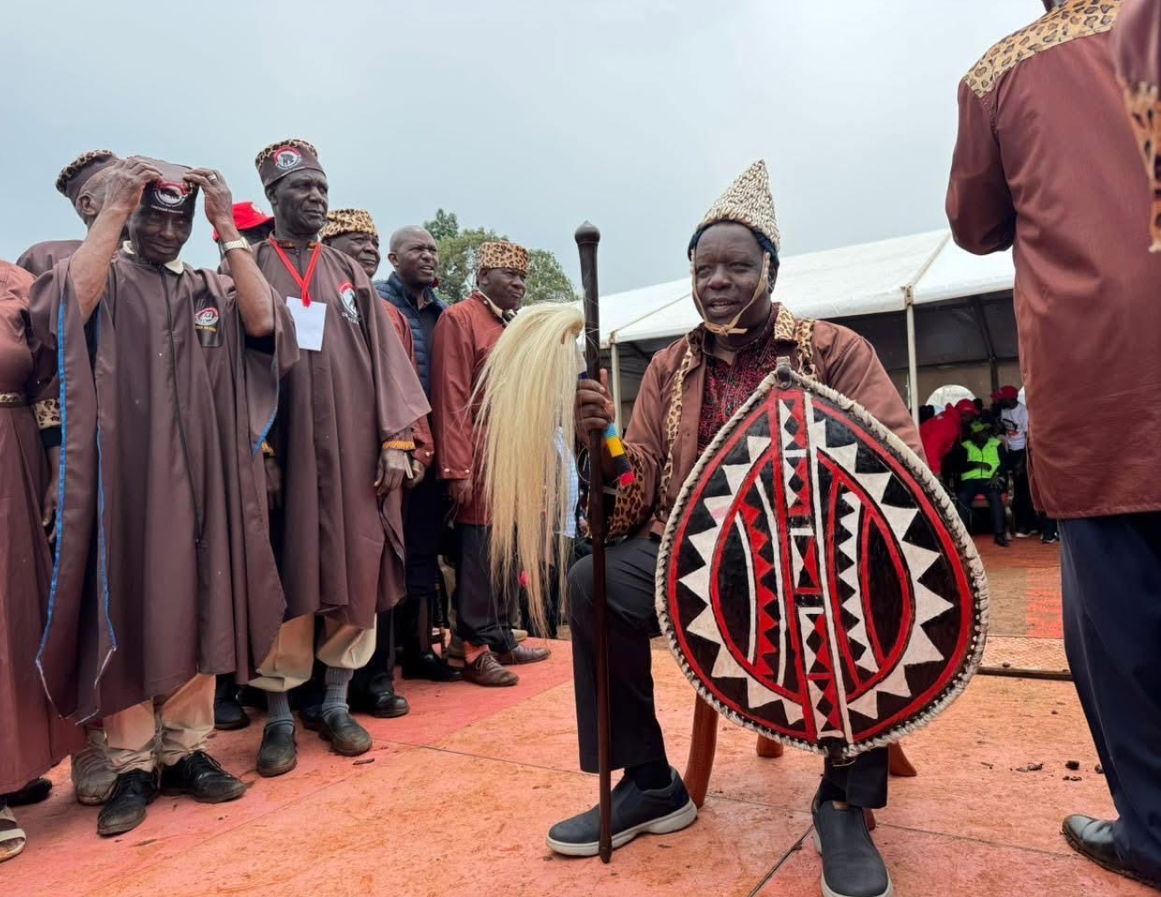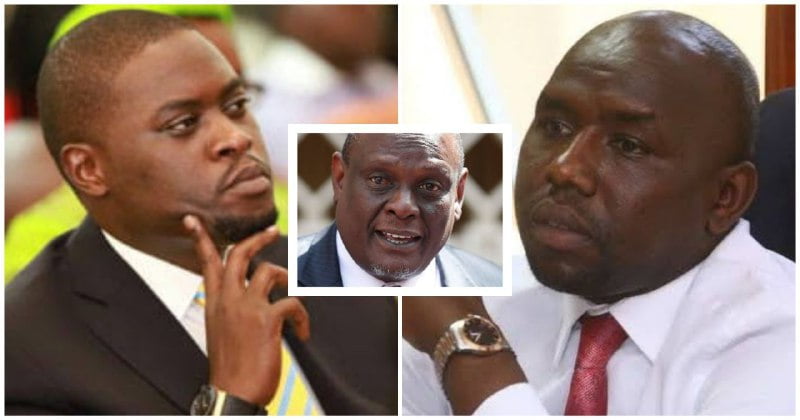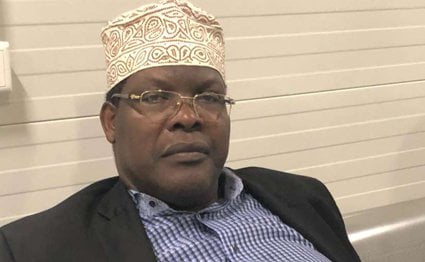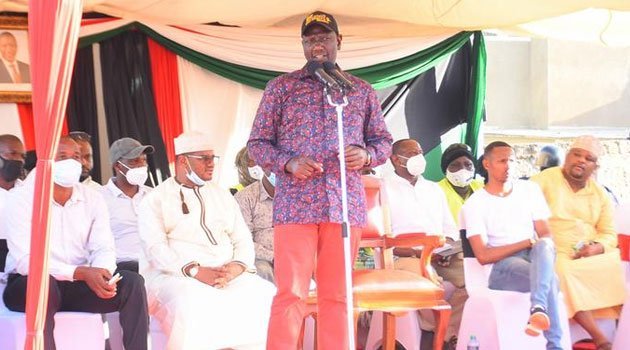Mombasa Governor Abdullswamad Nassir wants Kenyans to believe he’s working hard to fix Coast General Hospital. But is he really solving problems or just chasing headlines? Nassir recently announced he had moved his office into the hospital to oversee reforms personally.
From the surface, it sounds like a bold step. But scratch a little deeper, and it reeks of desperation. After all, real leadership doesn’t need publicity gimmicks—it delivers results quietly and consistently.
With Coast General Hospital still plagued by tragedies and basic failures, the governor’s dramatic move looks more like damage control than genuine reform.

Crisis at Coast General Hospital Can’t Be Fixed with Photo Ops
The Coast General Teaching and Referral Hospital has long been a symbol of Kenya’s broken healthcare system. Overcrowded wards, understaffed units, poor hygiene, and equipment failures are just some of the hospital’s persistent issues.
In April, an 81-year-old man died after oxygen was allegedly shut off during maintenance. This horrifying event is still under investigation.
Governor Nassir’s response? He moved his office into the hospital. He claims this is to “personally oversee and accelerate service reforms.”
He promises tighter oversight, more staff, better training, and digitized systems. It all sounds good on paper. But in practice, what we’re witnessing is a masterclass in political theatrics.
If this were a real reform agenda, the governor wouldn’t need to publicize his every move. He would already have a team of competent technocrats in place.
Real reform doesn’t need a governor’s desk in the hallway of a hospital. What it needs is equipment that works, enough trained nurses, reliable power, and access to life-saving essentials like oxygen.
By making himself the center of the story, Nassir has shifted focus from the hospital’s critical failures to his own image. Patients are dying. Families are grieving.
And instead of being quietly effective, Nassir is broadcasting his every step to the media, hoping to win applause instead of addressing the hospital’s deep-rooted rot.
Why Nassir’s Attention Grab Rings Hollow
This is not the first time a politician has used suffering as a backdrop for self-promotion. What makes Governor Nassir’s move particularly alarming is that it follows a preventable tragedy—the death of a patient due to suspected power or oxygen failure.
Instead of owning the systemic failures that led to the incident, Nassir is staging a hero narrative for himself. He says he met with the family of the deceased and agreed to a post-mortem investigation.
He claims anyone found responsible will face the law. But this is standard procedure, not leadership. And where was this energy before the tragedy? Why did it take a death for the governor to act?
The governor also says he is working with KPLC to investigate. But hospital management should already have clear protocols in place to prevent maintenance work from cutting off vital medical supplies.
The fact that such a situation could happen at all shows there’s a severe lack of planning and oversight.
His statements about hiring nurses and digitizing services come across as knee-jerk reactions rather than parts of a well-thought-out strategy. Where is the budget breakdown? Who is implementing these reforms? When will results be measured and reported?
A true leader builds systems that work even when they’re not watching. What Governor Nassir is doing is inserting himself into the day-to-day operations of a crumbling hospital without actually fixing its foundation. Worse, he’s using the hospital’s pain to polish his political brand.
Governor Abdullswamad Nassir might think he’s making headlines for the right reasons, but the reality is starkly different. Coast General Hospital doesn’t need a politician sitting at a desk in its corridors—it needs working oxygen lines, enough nurses, functioning equipment, and real accountability.
This move is not leadership; it’s a PR campaign. And until we see genuine improvements at Coast General Hospital—measurable, sustainable, and systemic—no amount of photo ops or speeches will convince Mombasa residents otherwise.
Governor Nassir must remember that hospitals are not campaign grounds. They are sanctuaries of life and death. If he truly wants to lead, he must step back from the cameras and focus on building a system that never again lets a patient die due to something as avoidable as a power cut.

